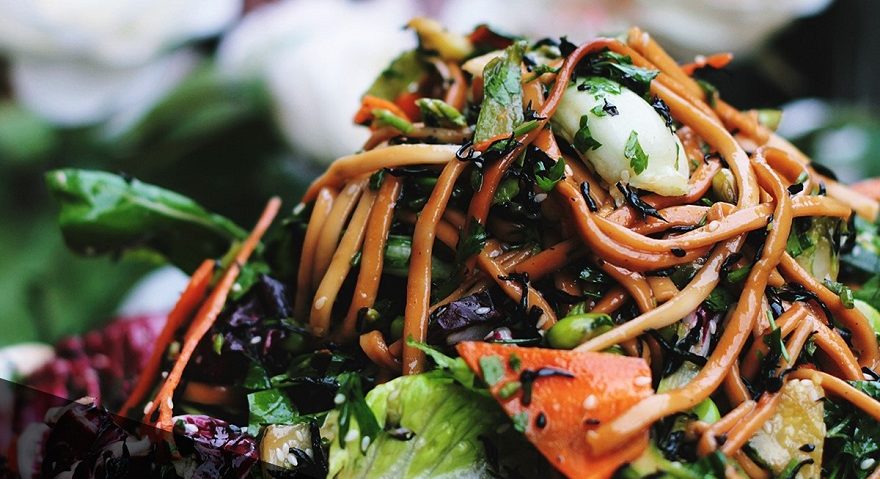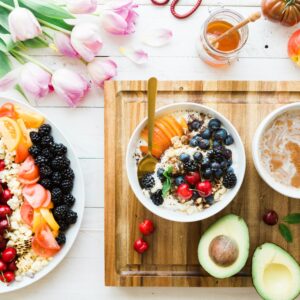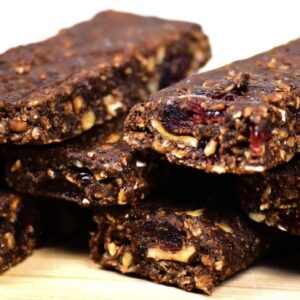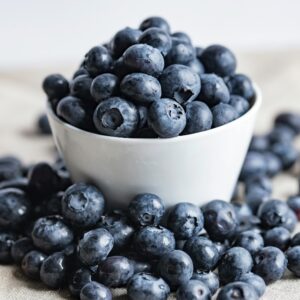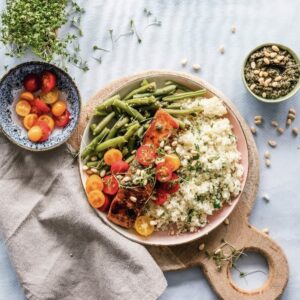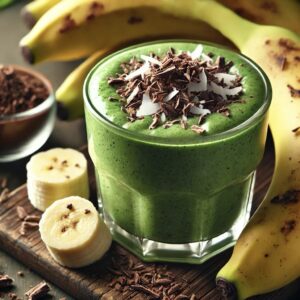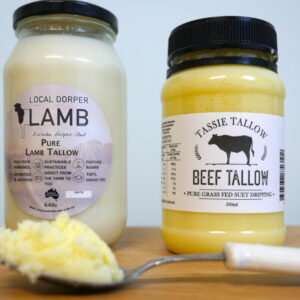Having been vegetarian for a large part of my life, I have always been asked how someone can thrive nutritionally without meat, eggs or dairy.
If you follow a properly balanced diet that includes a range of pulses, legumes, fruits and vegetables along with nuts and seeds, plenty of good fats and non-dairy alternatives such as coconut, hemp or almond based products, you can still build muscle, be strong, have boundless energy with skin that glows.
However, you don’t have to be a strict vegetarian or vegan to enjoy the benefits of a plant based diet. My little ‘flexitarian’ family tends to enjoy at least four plant based meals each week with the others being a combination of chicken, fish and red meat.
The benefits of reducing just one or two of your weekly “meat” meals can be significant:
- Plant based meals are budget friendly with pulses and legumes being cheap, filling and nutritious
- Eating less meat is associated with a lower risk of diet related diseases such as diabetes, obesity and heart disease
- Greater intake of antioxidants, minerals, vitamins and fibre
- Eating more seasonal and local fruits and vegetables is better for the planet with less carbon footprint
There are, however, important macro and micronutrients in animal products that are not readily available in many plant based foods. If you don’t wish to feel like a wilted piece of celery when you decrease the animal products in your diet, aim to include plant based foods that can provide the following nutrients:
Protein: Especially complete proteins which contain all 9 essential amino acids the body requires for proper development and maintenance. Protein is also essential for building and repairing muscle, keeping immunity strong and providing us with energy. Meat and dairy products are the most common sources of complete proteins.
B vitamins (particularly B12): B vitamins are important nerve and blood building blocks that help prevent feelings of weakness and tiredness often associated with anaemia.
Iron: there are two types of iron, Heme iron (from red meat, poultry, fish and chicken) and non-heme iron (from plants). Heme iron is more readily absorbed, which is why vegetarians are more at risk of iron deficient anaemia than meat eaters. You can assist your uptake of iron by pairing plant-based non heme sources with foods rich in vitamin C. Vitamin C helps your body to absorb iron much more effectively.
Calcium: calcium is an essential mineral required to build and maintain strong bones and teeth as well as to help with blood clotting, a healthy heart and essential hormonal functions. Dairy is one of the most common sources of calcium.
Here are some great plant based substitutes to ensure you are getting all the macro and micro nutrients that animal products normally provide…..
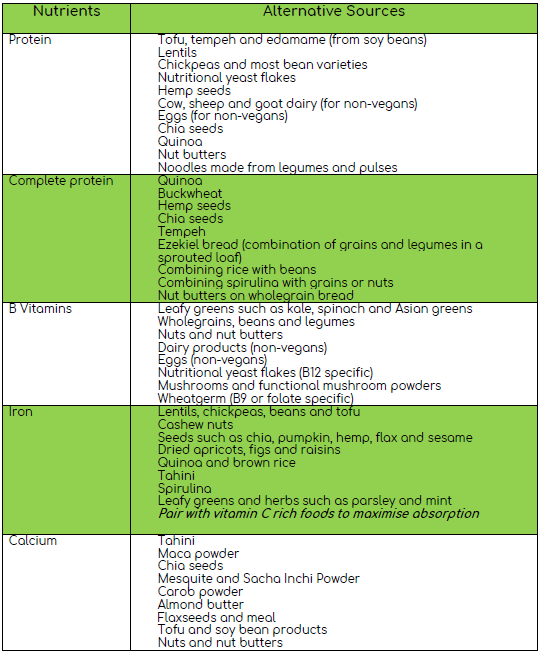
With so many tasty, plant-based recipes readily accessible, the fun part is gathering the family to experiment in the kitchen. Why not try replacing one of your carnivorous meals with a plant based alternative or picking a day of the week to go vegetarian (Meat Free Monday is a great initiative).
Here are few very tasty recipes to get you started….
jackfruit salad with honey bbq dressing
teff pasta salad with macadamia ricotta & pesto dressing
vegan lasagne
spring vegetable quiche
lupin, haloumi and sweet potato burgers
by Emma H for go natural foods

